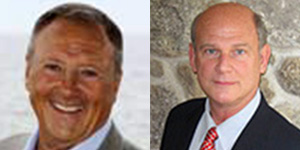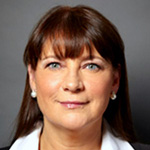The United States has long been known for its national parks. But last month, Barack Obama created a single marine reserve that covers significantly more area than all of them, combined.
On August 26, 2016, Obama expanded the Papahānaumokuākea Marine National Monument to 582,578 square miles around the northwestern islands of Hawaii. The monument was established in 2006 by George Bush, and Obama — who grew up in Hawaii — just quadrupled its size, making it the world’s largest marine protected area.
After a trip to Honolulu to address the IUCN World Conservation Congress, Obama met legendary oceanographer Sylvia Earle on the beach of Midway Atoll last Thursday to admire a small section of the newly expanded reserve. With the 2009 TED Prize, Earle wished to ignite public support for marine protected areas, then less than 1% of the world’s oceans. Obama applauded her efforts so far. “I am in awe of anybody who has done so much for ocean conservation,” he said. “You’ve done amazing work.”
Today, about 4% of the world’s oceans are protected. Earle hopes to increase that to 20% by 2020, because marine protected areas are key for improving resilience to climate change and ensuring biodiversity. Papahānaumokuākea, for example, is home to more than 7,000 species, including the endangered Hawaiian monk seal and black corals believed to be more than 4,000 years old.
The reserve also contains a new species just discovered in June by ichthyologist Richard Pyle (watch his TED Talk: “A dive into the reef’s twilight zone”). A member of the genus Tosanoides, this red and yellow fish is the first member of its species found outside Japanese waters, and the males have an unusual red and blue mark on their dorsal fins. This species will be named for Obama, because he created the reserve — and because the mark is reminiscent of his campaign logo. The fish’s official name will be released in print this fall when Pyle and colleagues publish their research. But Obama, being the president, got a sneak peek.
On the beach together, Earle showed the president an image of the newly discovered fish. Obama stumbled on the name, but said, “That’s a nice-looking fish.”
Earle is at the IUCN World Conservation Congress this week, and the meeting of global leaders will continue through September 10. It began just after US National Park System celebrated its 100-year anniversary, and marine protection will stay a centerpiece of the conversation.
“History will remember this anniversary and next century as the ‘blue centennial,’” Earle said. “The time when the national park idea was brought to the ocean.”











